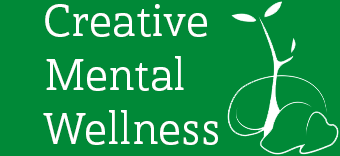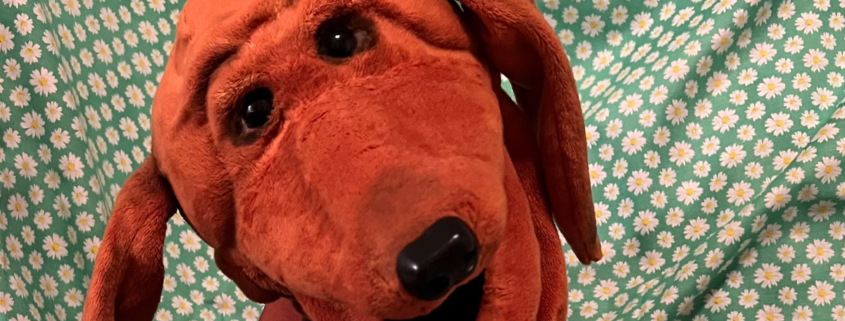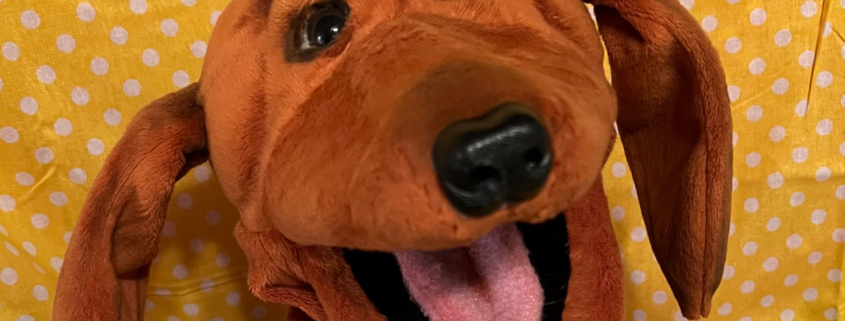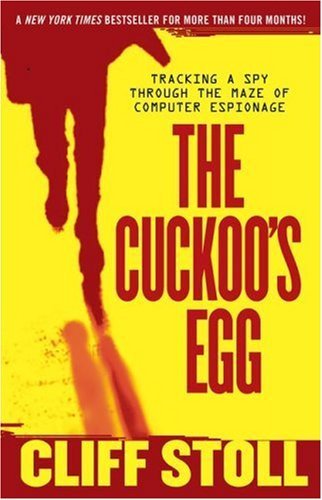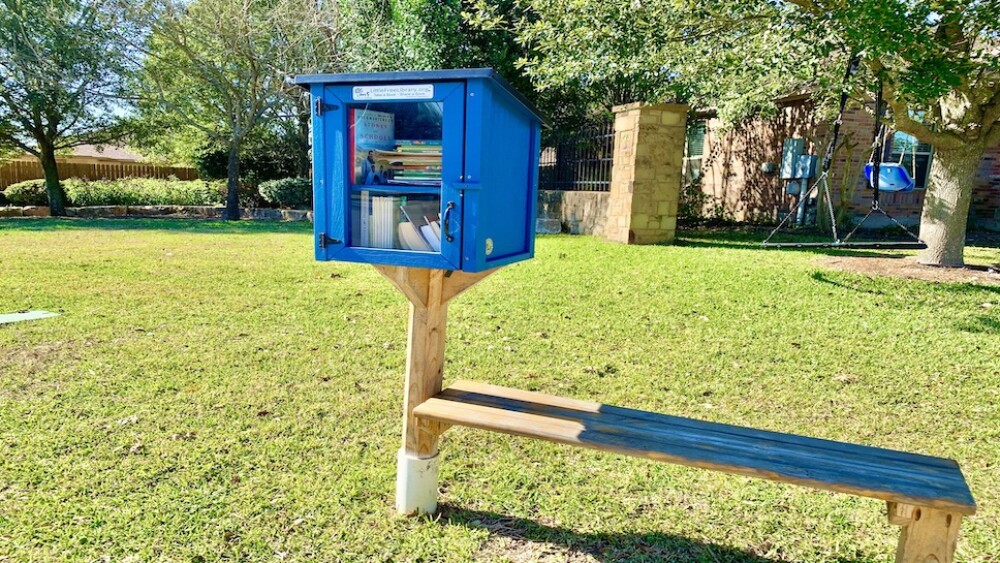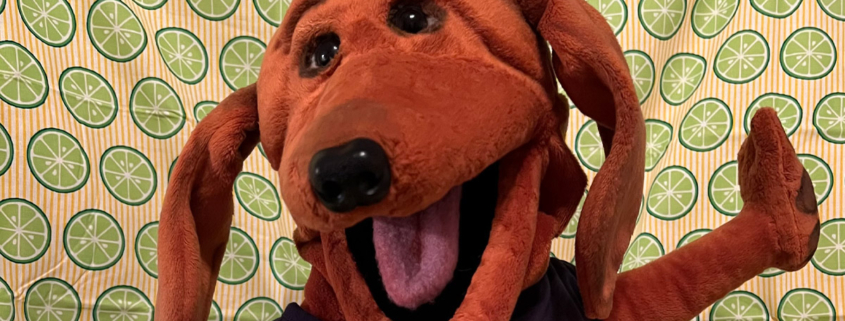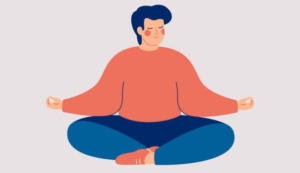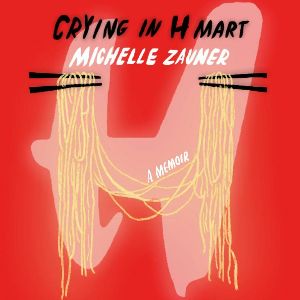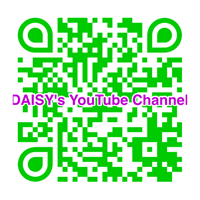July 2024 Newsletter
July
July is Minority Mental Health Awareness Month!
July 3 is Start the Conversation Day
July 8 is OneofusisMissing Day
July 23 is Women Touched by Addiction Day
Starting the Conversation
Having regular conversations about mental health to break the stigma
July 3rd is Start the Conversation Day, which makes it a great day to have conversations about mental health. LaShawn Paul, founder of Start the Conversation Day, founder and lead clinician of Social Work Diva said in an interview for Bustle, “It takes one person to start the conversation, but everyone else has to be willing and open and vulnerable.” Start the Conversation with your friends and loved ones on mental health, and be willing to listen when they share – whether it’s sharing personal experiences, discussing new statistics, or providing valuable information. It can be intimidating to have these uncomfortable conversations, but the more often you do it the less uncomfortable they will become.
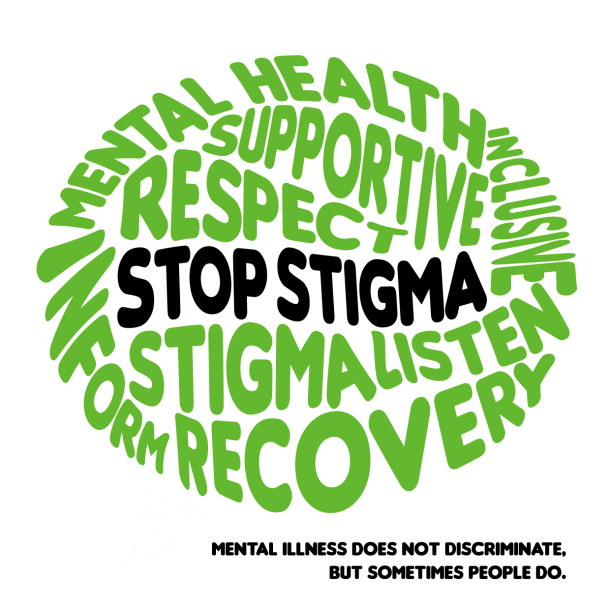
Talking about mental health can help you and those you tell feel less alone. It can really deepen your emotional connections with your loved ones when you share your mental health struggles, stories, or coping strategies. Sharing experiences can create a sense of solidarity and reassurance, dispelling feelings of isolation and fostering empathy.
Moreover, discussing mental health openly helps break down the barriers of stigma that still surround these issues. Each conversation serves as a small yet powerful step toward challenging misconceptions and normalizing discussions about mental well-being. As conversations become more frequent and normalized, the stigma surrounding mental health diminishes, paving the way for greater acceptance and support within communities.
While it’s natural to feel hesitant or uncomfortable at first, the benefits of starting the conversation outweigh the initial discomfort. Talking about mental health not only enhances personal well-being but also contributes to a more compassionate and understanding society. So, on Start the Conversation Day and beyond, let’s embrace the opportunity to speak openly and compassionately about mental health, fostering connections and breaking down stigma one conversation at a time.
DAISY’s Random Acts of Kindness
These are some ways DAISY is spreading kindness this month
- Talking about mental health with her friends of course! She is starting the conversation! She is also going to be listening actively when they share about mental health.
- Sharing information and resources on mental health – like this article on gratitude.
- Connecting with her friend by practicing self care together. DAISY will help break the stigma by sharing her favorite self care activities with her friend – like reading a book she enjoys with a hot tea.

The Random Acts of Kindness Foundation has some other great ideas, and they even have a calendar with a different act of kindness every day!
Thank you for joining us on this mental health journey! Follow us on Instagram, Facebook or LinkedIn to stay up to date.
Your friend,

